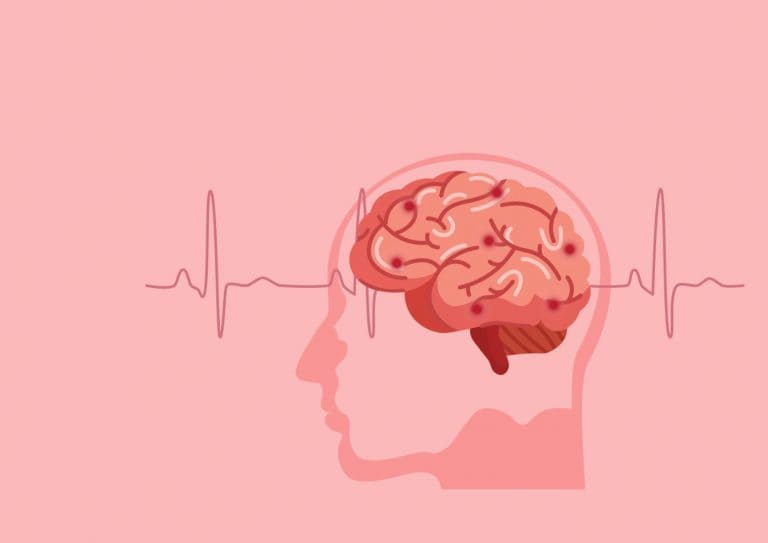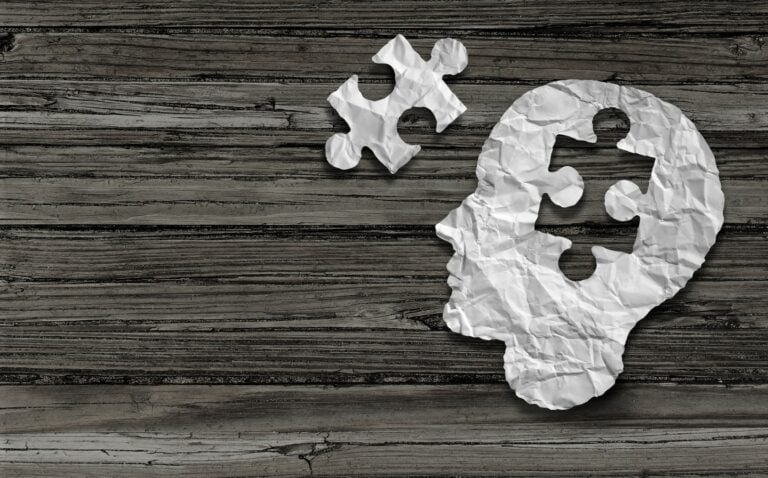The brain is the most complex organ in the body, and is responsible for producing our every memory, emotion, thought and action. When something goes wrong in the brain, the effects can be devastating, not just for the injured person, but also for their family and friends.
All too often, injuries occur to the brain which could have been prevented. We commonly see cases where there has been a delay in diagnosis of a brain condition, such as encephalitis, stroke, meningitis or non-malignant brain tumour.
Encephalitis
Encephalitis is inflammation of the brain. It is often caused when viruses travel to the brain and infect it, or when the body’s own immune system attacks the brain. Common symptoms of encephalitis include:
- Fever
- Headache
- Nausea
- Aching muscles and joints
- Drowsiness
- Confusion
- Changes in personality and behaviour
- Difficulty speaking
- Weakness or loss of sensation in some parts of the body
- Seizures
- Hallucinations
- Vision problems or involuntary eye movements
- Loss of consciousness
Stroke
Stroke occurs when the blood supply to part of the brain is cut off, causing injury to the brain.
Red flag symptoms of stroke include:
- Fatigue
- Nausea and vomiting
- Numbness or weakness in the limbs (especially on one side of the body)
- Confusion
- Dizziness
- Difficulty speaking or slurred speech
- Loss of vision or blurred eyesight in one or both eyes
- Loss of balance or coordination
- Sudden severe headache with no known cause
Meningitis
Meningitis is inflammation of the protective membranes that surround the brain and spinal cord. The inflammation is usually caused by infection with viruses or bacteria.
Common symptoms of meningitis include:
- Fever
- Vomiting
- Cold hands/feet
- Headache
- Neck stiffness
- Confusion or altered consciousness
- Inability to tolerate light or loud noises.
Young children do not always show these signs. They often exhibit only non-specific symptoms, such as drowsiness, irritability or poor feeding.
Non-malignant brain tumour
A benign (non-cancerous/malignant) brain tumour is an abnormal growth in the brain that does not invade the surrounding brain tissue or spread to the spinal cord. Non-cancerous brain tumours tend to stay in one place however it can grow in size.
Common symptoms of non-malignant brain tumour include:
- new, persistent headaches.
- seizures (epileptic fits)
- persistent nausea, vomiting and drowsiness.
- mental or behavioural changes, such as changes in personality.
- weakness or paralysis, vision problems, hearing problems or speech problems.
- drowsiness, depression, decreased cardiac and respiratory function.
Symptoms vary depending on the size and location of the tumour. Children may experience symptoms differently.
Brain conditions and medical negligence
Regardless of the brain condition, it is vital that it is diagnosed and treated at the earliest opportunity if permanent damage is to be minimised.
You may have a legal claim for compensation if you have suffered any of the following situations:
- A medical professional (e.g. GP, hospital staff) fails to suspect a brain condition, despite noting the red flag symptoms – leading to a delay in diagnosis;
- A medical professional misdiagnoses your condition, leading to a delay in diagnosis;
- A medical professional correctly diagnoses your condition but fails to provide the appropriate treatment – allowing the condition to worsen.
Early diagnosis and appropriate treatment are crucial to giving patients who have suffered a brain condition the best chance to make a good recovery. If any of these conditions are left untreated, the consequences can be irreparable.
How we can help
At Bolt Burdon Kemp, we have vast experience dealing with these types of claims. Our specialist brain injury solicitors know what to look for when making a claim relating to a delay in diagnosis of encephalitis, stroke, meningitis, or non-malignant brain tumour. We will fight to obtain the compensation you deserve so that you and your family can have some security for the future.
We recognise that early rehabilitation and intervention is key to improving quality of life. Where a Defendant has accepted responsibility for causing a brain injury, we focus on seeking interim payments of compensation. These payments, which are made before the claim is settled, can be used to pay for treatment, therapies, care, equipment or adaptations to your home.
We also have close links with treatment and rehabilitation providers, case managers and organisations who can offer support to you and your family.

















